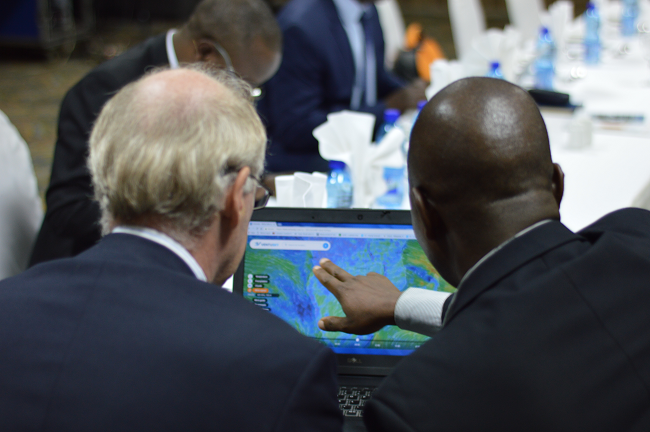A new paper “Breaking vicious cycles? A systems perspective on Southern leadership in climate and development research programmes” has just been published in the journal Climate and Development. The paper, led by Blane Harvey with Ying-Syuan Huang, Julio Araujo, Katharine Vincent and Geoffrey Sabiiti, is an output of the recently-finished Future Climate for Africa (FCFA) programme.
South–North research collaborations are now commonly used in the field of climate and development to advance knowledge, inform decision-making and strengthen capacity in the global South. Southern leadership within these collaborations is widely seen as instrumental to their lasting impact. The study examines how Southern leadership and capacity were promoted in the FCFA over its five year lifespan aiming to enhance resilience to climate change in Africa.
Drawing on interview and survey data from programme participants, document analysis and experiential insights from the author team, the paper examines how Southern leadership was pursued within FCFA, and the barriers that constrained action at a range of scales. Most climate and development initiatives, like FCFA, sit at the intersection of multiple social, political and research systems. To disrupt the structures that sustain the power of Northern institutions and obstruct change, funders must go beyond programme-level interventions such as funding and distribution of roles, and consider deeper leverage points of change. The paper concludes by proposing how shifts in mindsets and metrics in relation to Southern leadership and capacity can contribute to this change.

